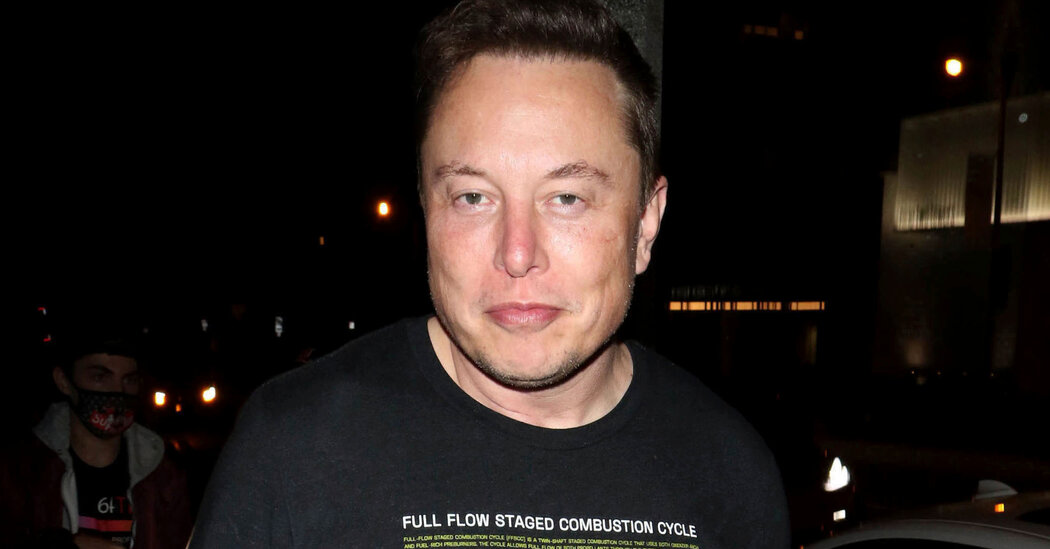Mr. Musk, who last month tweeted a link to an unfounded story about Speaker Nancy Pelosi’s husband before deleting it, did not respond to a request for comment. Twitter, which fired most of its communications department, also did not respond to a request for comment.
In a report on Monday, researchers from the Fletcher School at Tufts University said “conversation quality has deteriorated” on Twitter since Mr. Musk’s acquisition, as more extremists and disinformation peddlers have tested the platform’s limits.
And in a report released Saturday by the Election Integrity Partnership, which also includes the Stanford Internet Observatory and the University of Washington’s Center for an Informed Public, researchers found the presence and influence of misinformation on Twitter ubiquitous.
Investigators looked at 34 major accounts that had made misleading claims about the 2020 election in the past and discovered “hundreds of false, misleading or unsubstantiated stories that cast doubt on election processes or results.” While seven of the accounts were permanently suspended from Twitter, they were largely able to continue posting to other platforms, with their posts often reappearing on Twitter via screenshots, the researchers said.
Common Cause, a pro-democracy advocacy group, said this week it had flagged several tweets that put forward false stories, such as that the election results not announced Tuesday night are a sign of fraud. The group said that “Twitter has taken much longer than usual to assess” whether the posts violated policy, a process that usually takes less than three hours but went unresolved after more than three days.
On Tuesday, several major conservative accounts on Twitter continued to reinforce the misconception that counting delays were evidence of felony, while also fueling other rumors of technical issues surrounding the vote in Arizona and elsewhere.
Some Twitter executives tried to allay concerns about the platform mid-term. Yoel Roth, the company’s chief of trust and security, who oversees content moderation, tweeted last week that about 15 percent of his organization had been laid off, versus about 50 percent across the company.

